By Liane Kupferberg Carter
Before I became a mother, I harbored Hallmark fantasies about Mother’s Day. Here’s what I pictured: my children would make me burnt toast and runny eggs, serve it to me on a bed tray, and ply me with homemade cards, macaroni shell necklaces, and wild flowers they’d picked themselves. We’d spend a long, lazy afternoon baking chocolate chip cookies and nestling together on the couch. I’d read aloud from my favorite childhood book The Secret Garden. All of this bathed in a Norman Rockwell glow, of course.
You know that saying, “Man Plans, God Laughs”?
I didn’t know how utterly our son Mickey’s autism diagnosis would up-end not only Mother’s Day, but every aspect of our lives. Initially, I mourned for the child we didn’t have. Eventually, I learned to celebrate the one we did. I stopped comparing Mickey’s milestones to those of his older brother Jonathan.
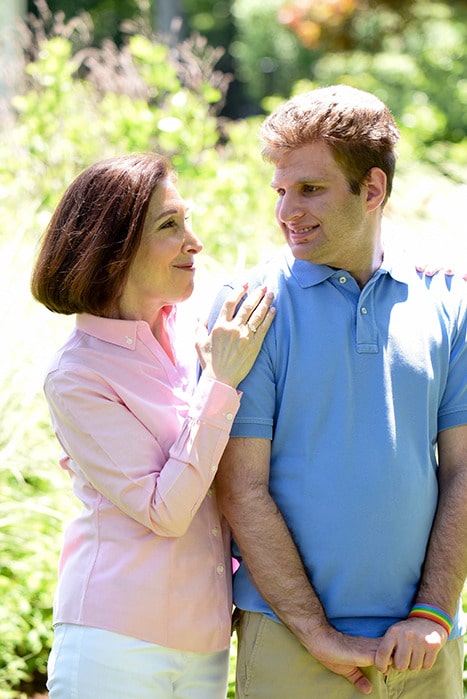
Yet all these years later, I still hold the same hopes for both my boys. They are the ones that all parents have for their children: to have loving friends, good health, work that is meaningful to them, and to live the most satisfying, independent lives they can. I know with utter certainty that I will do everything in my power to help make these things happen, whatever the challenges that lie ahead.
I’ve been lucky. I have ease and comfort in my life. A strong marriage, a pretty home in a safe neighborhood, loving friends and family. Mickey has grown into a happy, affectionate, empathetic young man with a great sense of humor. Still, my husband Marc and I inhabit a peculiar no man’s land. Our children are grown, but we are not empty nesters. Mickey still lives at home. Because he has epilepsy, we can never leave him home alone. Going out still requires hiring a sitter… even though our “baby” is 24 years-old.
All of our rites of passage – Mickey’s, and ours as his parents – have looked a little different than typical ones. When most children turn 18, they are free to make their own legal and medical decisions, but not Mickey. Before his 18th birthday, we had to petition the court to become his legal guardians. We had to prove we’d been good enough parents, so that they’d allow us to continue to parent him.
While other parents shepherded their kids to visit colleges, we toured government-funded day habilitation programs. I expected to find other young adults there. Instead, I was shocked to see people in their 50s, 60s, even 70s. That’s when it finally hit me: when they call it ‘adult services,” they aren’t just talking about young adults. People think of autism as a childhood disability, but it isn’t. It’s lifelong. Mickey will be an adult for far longer than he was a child.
As the mother of a child with special needs, I’ve had to learn to pace my anxiety and my fears. Fear of life-threatening seizures. Fear he will die young, which would be unbearable for us. Fear that we will die too soon, which would be unbearable for him. And the ultimate dread: who will love him when we are gone?
The most loving thing we can do is to prepare him to leave home. But statistically speaking, he is likely to live with us for a very long time. According to Autism Speaks, approximately 80 percent of adults with autism up to 30 years old still live at home. We’ve placed Mickey’s name on our state’s housing list for disabled adults. Currently the wait is 10 years.
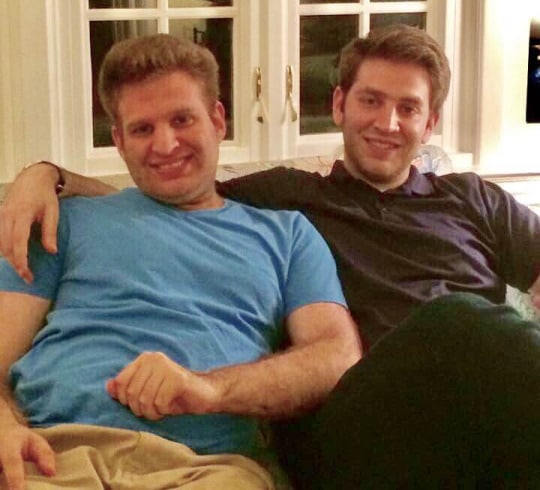
Unlike typical 20-somethings, Mickey shows little interest yet in moving out. I’m not ready yet to push him out of the nest either. But I’d be lying if I didn’t admit that after nearly 30 years of parenting, part of me longs for a little more freedom. For now, I must find a measure of freedom in smaller ways, until both Mickey and I are ready.
Someone once interviewed Beverly Sills, the beloved opera singer, who was also the mother of two disabled, adult children. People adored her not only for her voice, but because she was so effervescent. Her nickname, after all, was “Bubbles.” The interviewer observed, “You always seem so happy.” She replied, “I am not always happy. But I am cheerful.”
Being cheerful was the choice she made – a testament to the persistence of hope. On Mother’s Day, and every day, it’s the choice I’m making, too.
Liane Kupferberg Carter is a nationally known writer, journalist and advocate for the autism community. Her work has been published in the New York Times, Washington Post, Chicago Tribune, Parents Magazine, and numerous literary journals, blogs and book anthologies. Her new memoir, Ketchup Is My Favorite Vegetable: A Family Grows Up With Autism, has received numerous awards, including Outstanding Book from the American Society of Journalists and Authors.

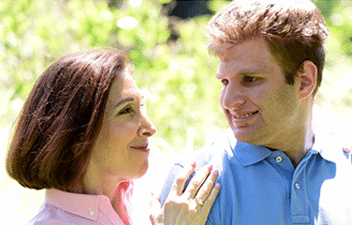
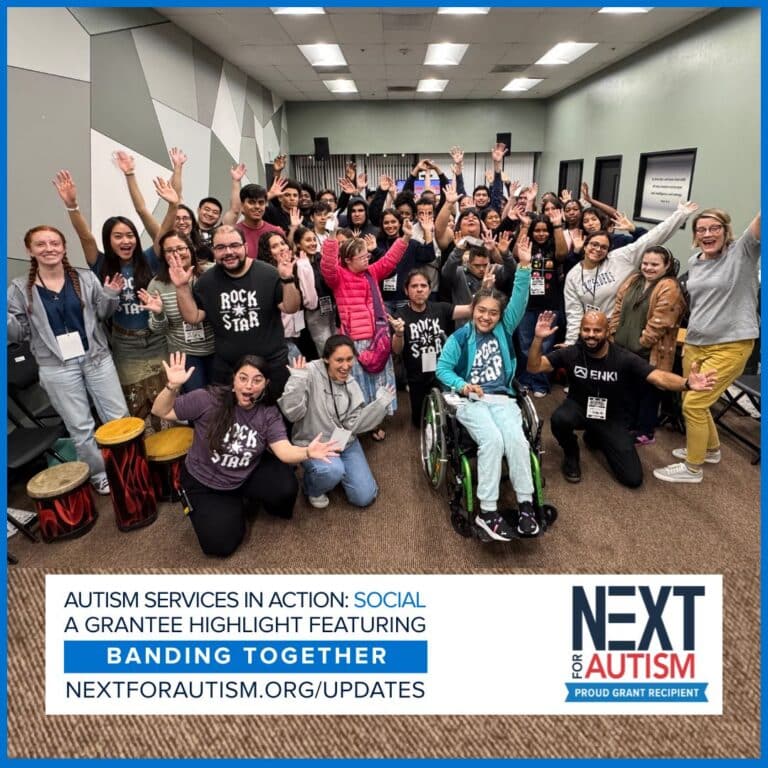
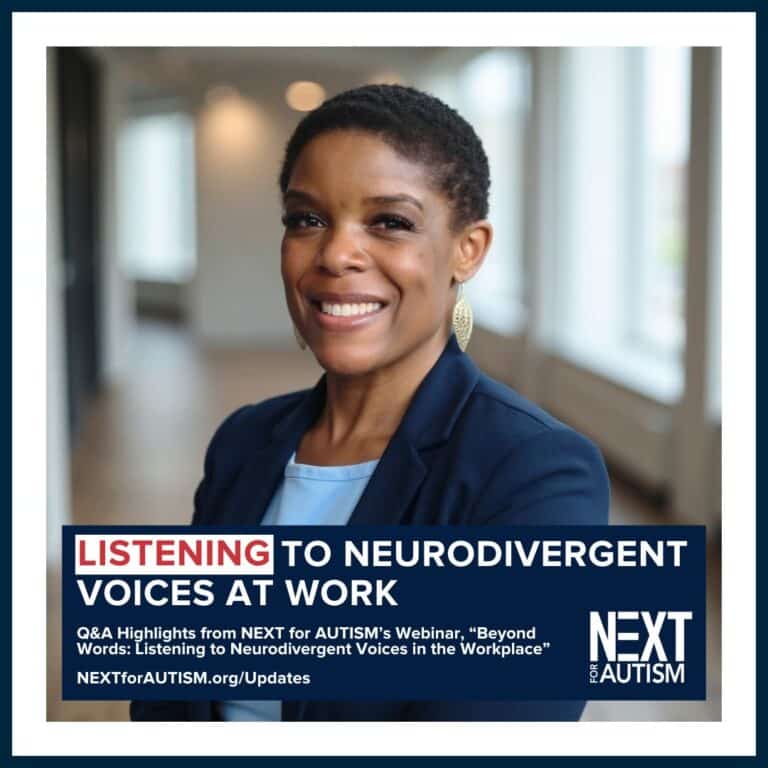




Leave a Reply